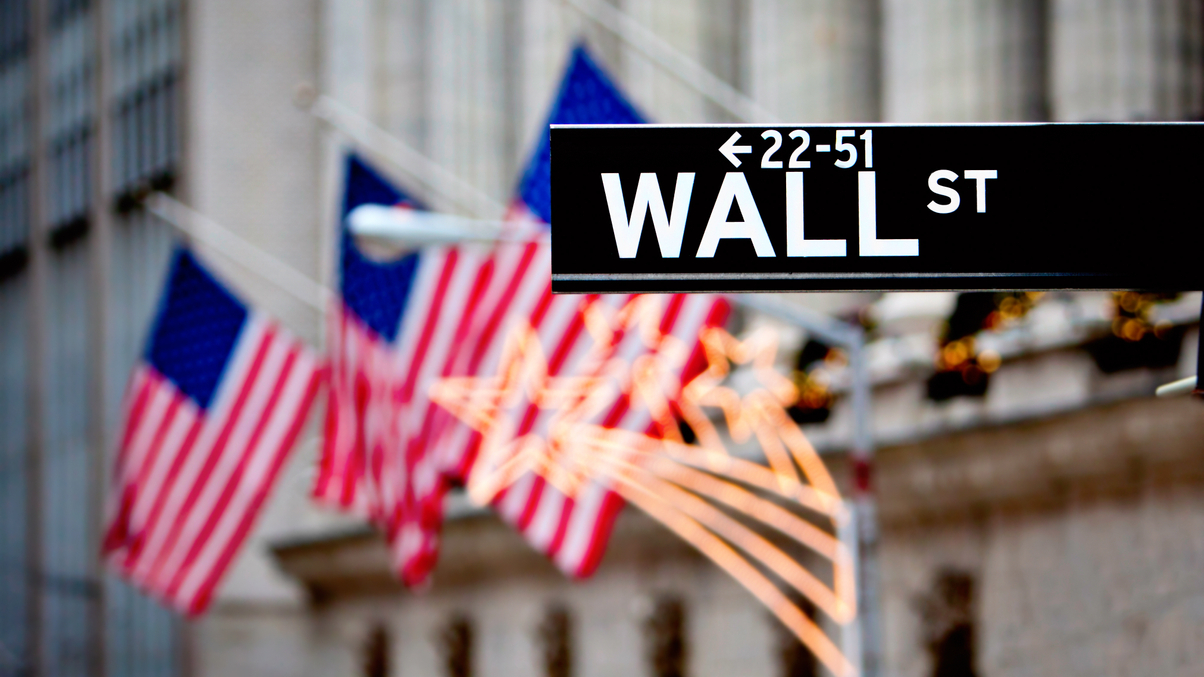Vanguard launches HK's first S&P 500 ETF
Vanguard will today launch Hong Kong's first S&P 500 exchange-traded fund. A lack of liquidity for non-China ETFs in the city could be addressed via future access to Stock Connect.

Passive investment group Vanguard is tapping the Hong Kong market with today's listing of the city's first ETF tracking the US S&P 500 index.
Sign in to read on!
Registered users get 2 free articles in 30 days.
Subscribers have full unlimited access to AsianInvestor
Not signed up? New users get 2 free articles per month, plus a 7-day unlimited free trial.
¬ Haymarket Media Limited. All rights reserved.


